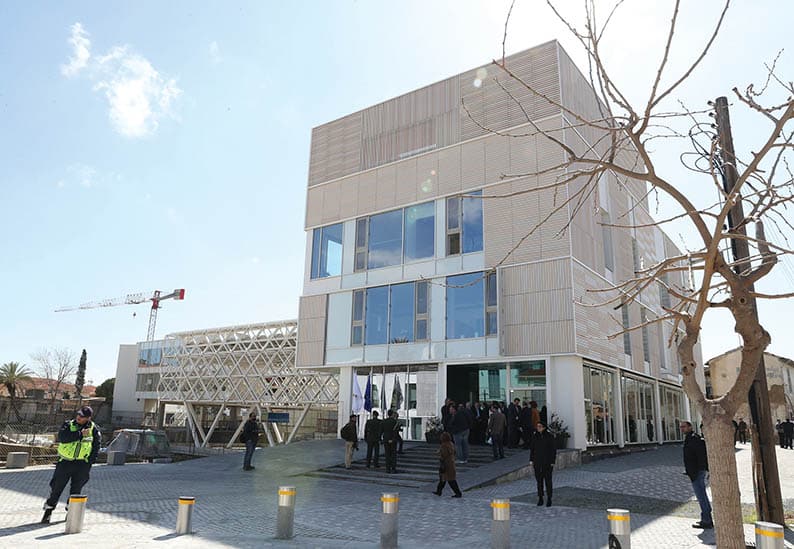The row between municipalities and the central government about the funding of the former is a direct consequence of the half-baked and superficial reform of local authorities carried out by the political parties. The so-called reform did not go anywhere near far enough, keeping too many municipalities in place even after the mergers, thus ensuring they would be dependent on the central government for their financial viability.
The current dispute, which will be discussed at a meeting of mayors with the interior minister on Thursday, is about the money and the two big trade unions are also involved, accusing the government of failing to honour the agreement it had reached with them before the reform was implemented. It is clear that the government is putting the squeeze on municipalities, which, admittedly, were never known for their prudent financial management.
Unions are up in arms because they believe government is messing around with the limit that was agreed for labour costs at municipalities. It was agreed that labour costs would be 40 per cent of the total annual expenditure, but subsequently the authorities decided that capital invested in infrastructure would not be regarded part of the annual budget and therefore not included in the calculation of the 40 per cent. This meant less money could be spent on wages and municipalities would be inclined to buy services from the private sector to make ends meet. Unions fear that buying services would lead to job cuts.
Forcing municipalities to cut costs by outsourcing services would be a good thing as deficits would be reduced. But even if the labour costs are reduced, the financial dependence on central government would not end because there are still too many municipalities serving too few people to be viable. Paphos mayor Phedonas Phedonos was complaining on Monday morning on a radio show because the government had cut the annual grants to local authorities and he accused the president and ministers of playing games with them.
When they demanded the full grant, mayors were told that the finance minister would not approve it and they could then appeal to the president in the hope he would overrule the minister. Phedonos described this as a ‘bad guy, good guy game’ staged by the government and that it was outrageous that a municipality had to depend on the charity of the president. He also complained that municipalities were told they would receive the full grant in 2026 if the government managed to make savings. But what would happen the following year? How could a municipality plan its budget and projects over a three-year period if it had no assurances about the grant?
In short, the reform of local government has improved nothing as local authorities are still dependent on funding from central government to operate. Unless the number of municipalities is drastically cut they will never become independent and they will remain under the complete control of central government, which is not good for our democracy.






Click here to change your cookie preferences